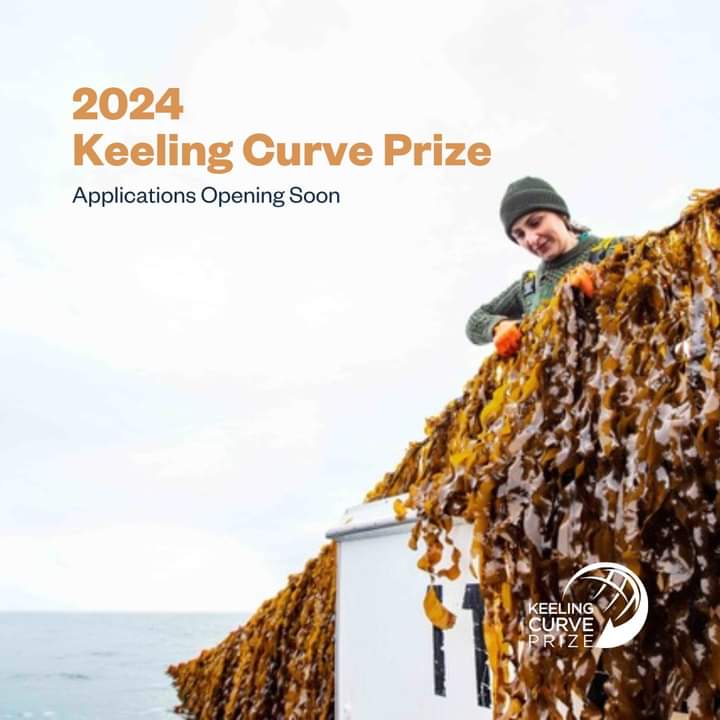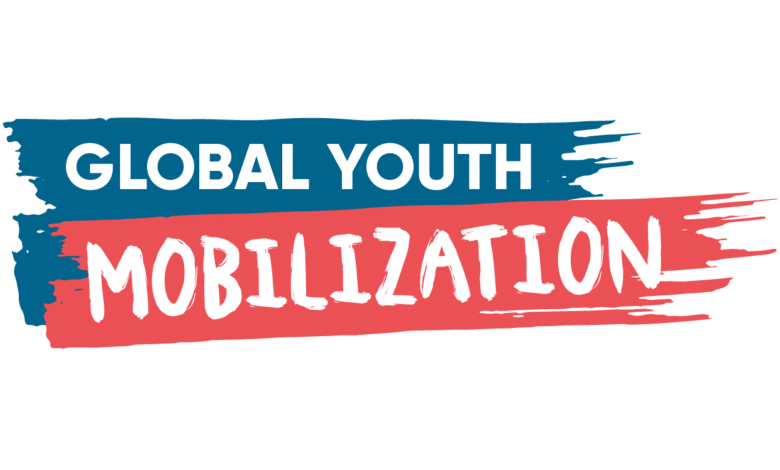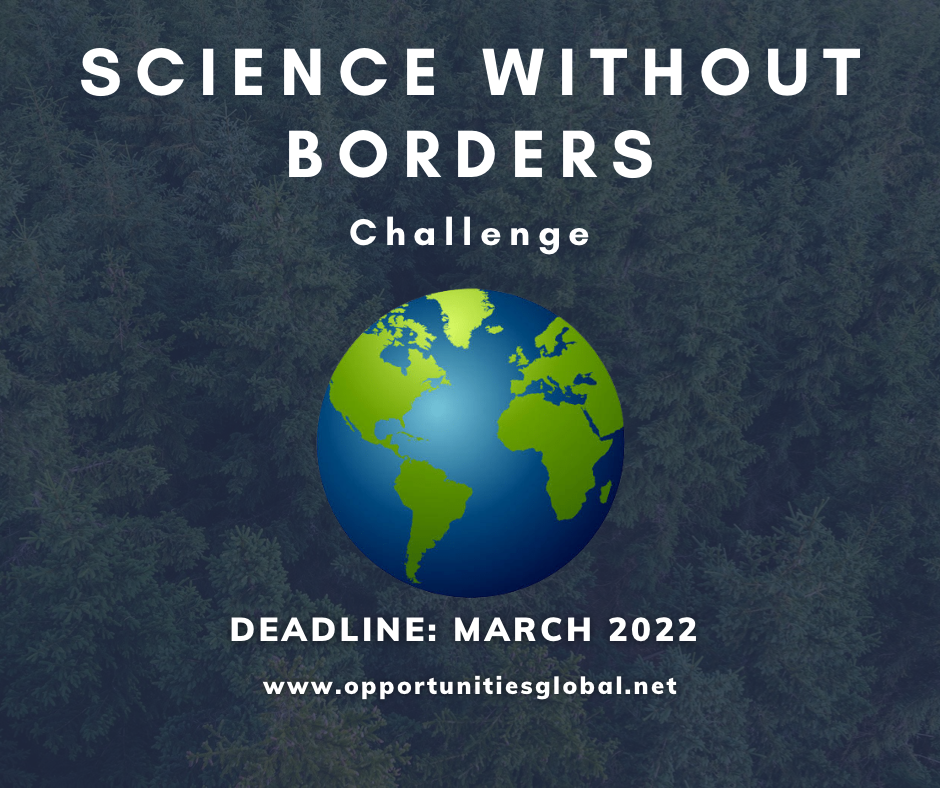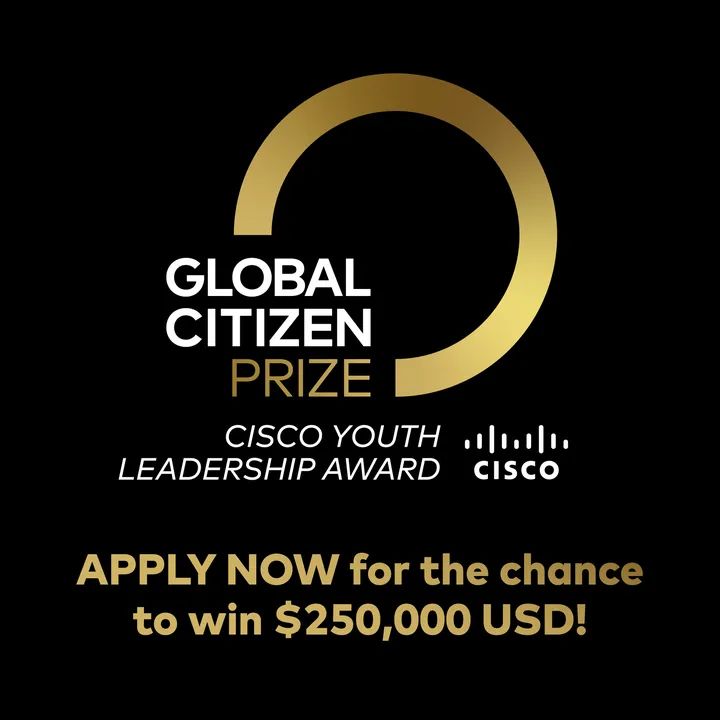Keeling Curve Prize for Global Warning Mitigation Projects ($50,000)
Applications are open for Keeling Curve Prize award 2024. The Keeling Curve Prize, awards $50,000 annually to each of 10 global projects that demonstrate the ability to reduce, replace, or remove greenhouse gases in the atmosphere.
The Keeling Curve Prize is more than a financial award – it jumpstarts growth for countless deserving climate leaders at the pace required to achieve meaningful and lasting emissions reductions across the planet. Applicants come from more than 109 countries worldwide and represent emerging markets, BIPOC- and women-led organizations, and some of the world’s most under-resourced, vulnerable communities.
Prize Categories
- Carbon Sinks: Projects in this category activate and accelerate natural and/or man-made (engineered) systems for carbon capture, utilization, and sequestration (CCUS). They are developing, advancing, and/or implementing technological and nature-based strategies for capturing and/or utilizing heat-trapping gases from the air and/or oceans.
- Energy: Projects in this category decarbonize energy, support zero-carbon energy innovations and are leading the way in the supply, distribution, access, infrastructure, or improvements of low or zero-emissions energy systems worldwide. Specifically, Keeling Curve Prize is looking for projects that are focused on clean energy for equitable energy access, including innovations in smart utility-scale grids with low end-user costs, and mini-grids and off-grid solutions to reach the “last mile” customers in underserved areas worldwide. Approaches could be regional, national, or international, and should consider economic accessibility, efficacy, scalability, and strategic competitiveness with fossil fuels as main goals. Projects that improve energy access for less-developed communities in swift and stable ways (especially those vulnerable to increased coal/fossil fuel use) and can demonstrate scalability, or projects that effectively reduce the emissions of energy systems already in place are especially encouraged to apply.
- Finance: Projects that apply in this category are making the economics and/or financial mechanisms work for heat-trapping gas reduction and/or reversal ventures. Tactics could include financing for lower or zero emissions businesses, creating and deploying financial mechanisms that consider ecological and human sustainability, financial empowerment for climate solution programs, divestment and investment strategies, eliminating financial barriers, carbon accounting, and policy — just to name a few. These projects are designed to counterbalance or replace financial strategies that fail to account for longer-term planetary viability in respect to global warming. These include widespread participation by marginalized communities and economic valuation of thriving ecosystems where the positive impact has been independently verified.
- Social & Cultural Pathways: Projects in this category are changing the way people consider, understand, and act on humanity’s impacts affecting the livability of planet Earth. They are trying to answer the question: what does it take, socially and culturally, to develop beyond fossil fuels? As the availability of solutions expands, how do we close the gaps in human behavior and implementation? These projects are influencing consumption, awareness, communication, mobilization, activism, policy, international relations, and cultural norms. They encourage individuals, communities, businesses, and governments to make progress toward emission reductions and carbon drawdown — both now and in the future. Projects should be able to demonstrate a path to efficacy and scalability.
- Transport & Mobility: Projects that apply in this category should be reimagining and reinventing all types of vehicles, fuels, and mobility options for both people and products. These projects will confront the carbon footprint of the vehicles themselves and the routes traveled. Creative solutions could include travel avoidance, innovative manufacturing, the roadways or other systems over which the vehicles operate, waste-reduction in supply chain distribution, improvements in fleet management, mass transit scheduling and efficiency, rural access to zero-emissions transportation, power sources and charging for electric vehicles, and more. Keeling Curve Prize strongly encourages the application for any project that accelerates power source and modal shifts, addresses weak and wasteful transport systems, and challenges the viability of the internal combustion engine.
Eligibility Requirements
- The Keeling Curve Prize welcomes entries for active projects or programs from anywhere in the world.
- The Keeling Curve Prize is awarded for current programs and projects only.
- Applications centered on past work, unimplemented ideas or untested hypotheses will not be accepted.
- Applications for the Keeling Curve Prize must be submitted in English. To ensure the legitimacy and accuracy of your responses, GWMP can not take responsibility for their translation.
- Your project may align with more than one prize category. The application form requires that you designate a primary category for your application, but also allows you to list secondary categories for consideration. However, applicants are only eligible to win in one category in any given year.
- Applicants that have not received an award are welcome to apply in subsequent years.
- Previous prize winners may submit applications for new projects that are different from their previously awarded project and that utilize different methods and approaches to reduce or increase uptake of greenhouse gas emissions.
- Applications that do not attempt to quantify their emissions reductions or address the project’s functional and financial scalability (Questions #8 through #10) will not be considered.
- By completing an application, you are granting the Global Warming Mitigation Project permission to disseminate information about your project at its discretion. Requests for confidentiality can be designated within the application
Benefits
After a rigorous review process led by a diverse and talented group of experts, 10 winners are awarded $50,000 each to scale and succeed.
Deadline: February 12, 2024
For more details, visit Keeling Curve Prize
See more opportunities
- Apply for IRI McCain Fellowship for Freedom 2024
- The Global Citizen Prize: Cisco Youth Leadership Award ($250,000)
- Thieme-IUPAC Prize for 2024 (€5,000)
- Become a Climate Corps Fellow (earn $1,400 weekly)
- Acumen West Africa Fellowship 2024 (fully funded)
- Apply for IRI McCain Fellowship for Freedom 2024




